Understanding Speed Limits in the UAE: A Comprehensive Guide
As a driver in the UAE, it's essential to be familiar with the speed limits on the roads you travel on. But, why should you observe the speed limits in the UAE? Speed limits are set in place to ensure the safety of all road users, and non-compliance can result in hefty fines and even jail time in severe cases.
Driving in the UAE requires constant awareness of speed limits, as they can vary greatly depending on various factors. Appropriate speed limit depends on multiple factors such as the road you are driving on, the location, and even the weather conditions. It is important to stay informed of these changes and be prepared to adjust your driving speed accordingly.
In this article, we'll take a closer look at the speed limits in the UAE and what you need to know as a driver.
Speed Limits In Abu Dhabi And Dubai
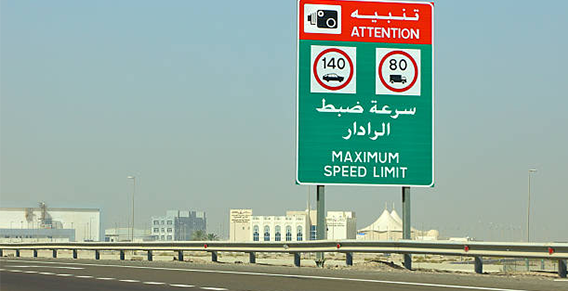
In both Abu Dhabi and Dubai, there are different speed limits in place. Abu Dhabi allows for maximum speeds of 140 km/h, with some roads like the Abu Dhabi-Al Ain and Sheikh Khalifa highway permitting speeds of up to 160 km/h. However, unlike other emirates, there is no 20 km/h buffer and drivers can be fined for exceeding the speed limit by even 1 km/h. On the other hand, Dubai has maximum speed limits ranging from 110 to 120 km/h, with the standard 20 km/h buffer for exceeding the limit.
Speed Limits on Different Types of Roads
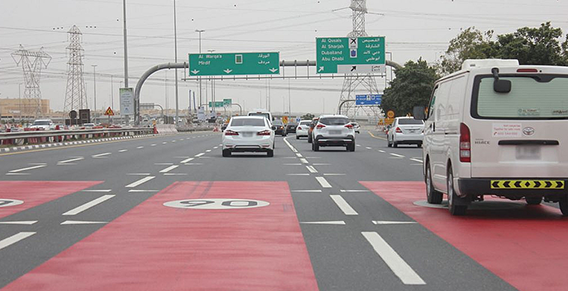
The speed limits in the UAE vary depending on the type of road you are driving on. Here's a breakdown of the different types of roads and their respective speed limits:
- Highways: On highways, the speed limit is set at 140 km/h (including any buffers allowed by the Emirate) , with some exceptions where the speed limit may be lower.
- Residential areas: In residential areas, the speed limit is set at 40 km/h.
- School zones: In school zones, the speed limit is set at 40 km/h during school hours.
- Work zones: In work zones, the speed limit is set at 60 km/h.
It's important to note that the speed limits on highway roads in the UAE can change at any time, so it's always a good idea to keep an eye out for signs indicating a change in the speed limit.
Penalties for Exceeding the Speed Limit
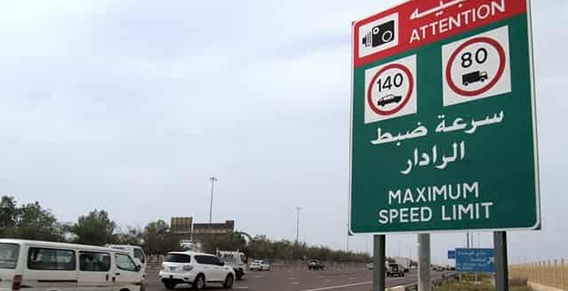
Exceeding the speed limit in the UAE can result in severe penalties. The penalties for exceeding the speed limit depending on how much over the limit you were driving and can include fines, points on your license, and even jail time in extreme cases.
Here's a breakdown of the penalties for exceeding the speed limit in the UAE:
| Description | Fine Amount | Black Points | Vehicle Confiscation Period |
|---|---|---|---|
| Exceeding the maximum speed limit by more than 60km/h | 2000 AED | 12 | 30 days |
| Exceeding the maximum speed limit by more than 80km/h | 2000 AED | 12 | 30 days |
| Exceeding maximum speed limit by not more than 60km/h | 1500 AED | 6 | 15 days |
| Exceeding maximum speed limit by not more than 50km/h | 1000 AED | - | - |
| Exceeding maximum speed limit by not more than 40km/h | 700 AED | - | - |
| Exceeding maximum speed limit by not more than 30km/h | 300 AED | - | - |
In extreme cases, you may also face jail time. It's important to keep in mind that the penalties for exceeding the speed limit can change at any time, so always be aware of the current penalties in place.
Driving Too Slow
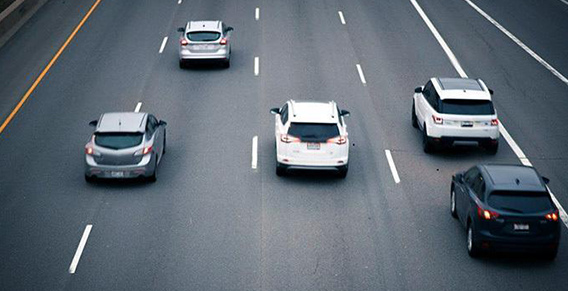
Excessive slow driving can also be a safety hazard on the road and cause disruptions to the flow of traffic. This is why in addition to maximum speed limits, many roads also have a minimum speed limit. For example, on highways, the minimum speed limit is typically 60 km/h. Failing to adhere to the minimum speed limit can result in a fine. In the UAE, driving too slow or below the minimum speed limit is considered an offense and can result in a fine of AED 400. It is important to drive at a safe and appropriate speed to ensure the safety of yourself and others on the road.
| Description | Fine Amount | Black Points | Vehicle Confiscation Period |
|---|---|---|---|
| Driving on Highways with less than 60km/h | AED 400 | - | - |
| Stopping on the road for no reason | AED 100 | 6 | - |
Maximum Speed Buffer
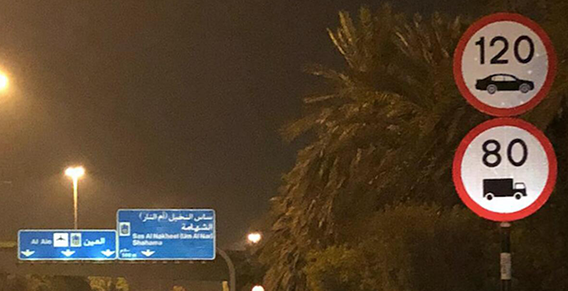
In most of the Emirates in the UAE, a speed buffer is in place, allowing drivers a margin of error when it comes to exceeding the maximum speed limit. This buffer is typically set at 20 km/h, meaning drivers will not incur a fine unless they exceed the maximum speed limit by 20 km/h or more.
For example, if the maximum speed limit is 120 km/h, a driver would not receive a fine until they were found to be driving at 140 km/h or faster. However, it is important to note that this speed buffer does not apply in Abu Dhabi, the capital of the UAE. In Abu Dhabi, drivers are expected to adhere strictly to the posted speed limits and may receive a fine for any excessive speeding.
The Importance of Staying Within the Speed Limit
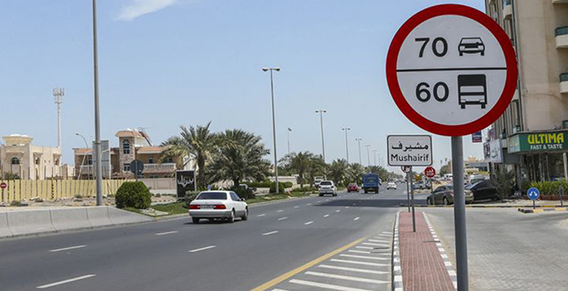
Staying within the speed limit in the UAE is essential for your safety and the safety of others on the road. Exceeding the speed limit is the reason that increases the risk of car accidents and leads to severe consequences, both for you and for others on the road. So, whether you're a resident or just visiting the UAE, it's important to be familiar with the speed limits on the roads you're driving on and to always drive within the limit.
Must-Know List of Dubai Traffic Fines to Stay Clear of Violations
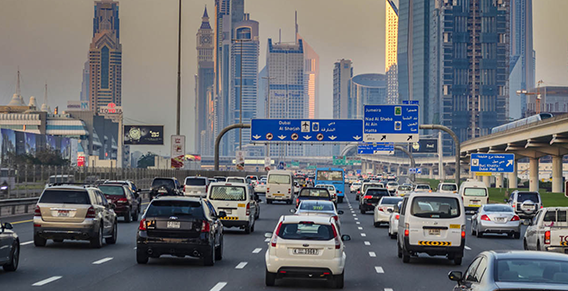
Staying informed of these fines is crucial to ensure safe driving habits and avoid costly penalties. The list is updated regularly to keep drivers informed of any changes or additions to the traffic laws. By staying aware of these fines, you can avoid potential risks and ensure a safe and smooth driving experience in Dubai.
| Description | Fine Amount | Black Points | Vehicle Confiscation Period |
|---|---|---|---|
| Driving vehicle without number plate | 3000 AED | 23 | 90 days |
| Driving in way that harms public or private properties | 2000 AED | 23 | 60 days |
| Driving against traffic | 600 AED | 4 | 7 days |
| Driving a vehicle without insurance | 500 AED | 4 | 7 days |
| Driving an unlicensed vehicle | 500 AED | 4 | 7 days |
| Driving with an expired driving license | 500 AED | 4 | 7 days |
| Driving with an expired registration | 500 AED | 4 | 7 days |
| Jumping a red signal with light vehicle | 100 AED | 12 | 30 days |
| Running away from traffic police man ( Light vehicle) | 800 AED | 12 | 30 days |
| Running away from traffic police man (heavy vehicle) | 1000 AED | 16 | 30 days |
| Causing a serious accident | By court | 23 | 30 days |
| Causing death of other | By court | 23 | 60 days |
| Stopping on the road for no reason | 100 AED | 6 | - |









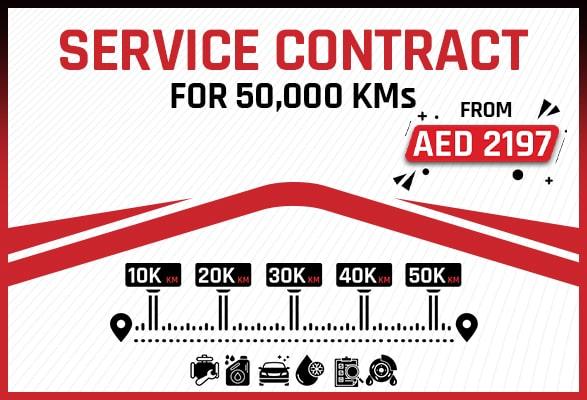
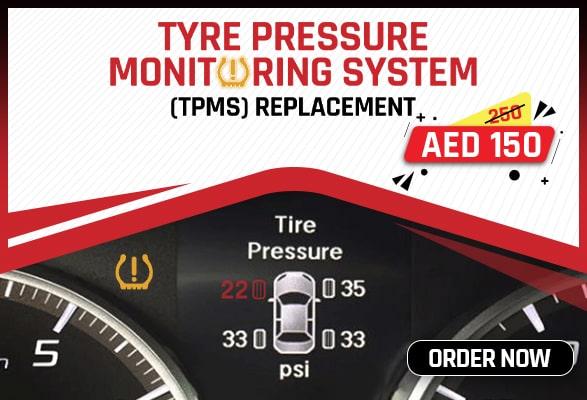






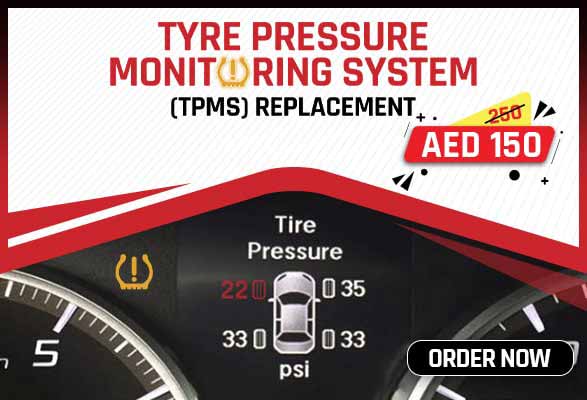







Conclusion
In conclusion, understanding the speed limits in the UAE is an essential part of being a responsible driver. By staying within the speed limit, you can help keep yourself and others on the road safe and avoid hefty fines and penalties. So, always be aware of the speed.